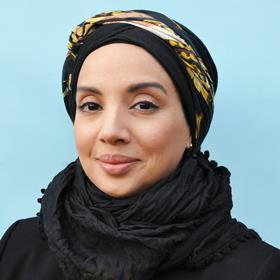It has been encouraging to see the flurry of equity, diversity and inclusion (EDI) pledges arise across the industry. However, the lack of expert guidance is a cause for concern.

Individuals with lived experience are too often conflated, and the danger of assembling a pocket of ‘diverse people’ to provide answers alongside their day job hinders the opportunity to change a system based on evidence. The use of outdated acronyms and blanket phrases to define groups has led many to question the way in which the industry is being informed.
EDI can be a challenging or enlightening journey depending on willingness to engage. Values are aligned with your business model because your company understands how important it is for your brand to reflect the communities we live in.
At 14 Consulting, we advise on cognitive diversity, leadership and talent, measuring success of inclusion by addressing psychological impact, metrics and progress across the business. Organisations leading the way understand the value of representation by appointing D&I directors with substantial experience. Inviting practitioners from diverse sectors is proving popular with smaller businesses as it allows scope for honest conversations.
Discussing social mobility in London real estate, I asked Jonathan Manns of Rockwell Property whether D&I was so alien to the acceptance of equity: “We Brits are famed for our sense of fair play – a principle of equity that’s predicated on treating each other in a way that’s respectful and impartial. However, it’s only by embedding this into our working practices that we will make workplaces in which everybody can succeed, whether you’ve got a seat at the top table or a foot on the bottom rung of the ladder.”
Leaning on unconscious-bias training and talks delays the need for organisational change.
I recall the last awards ceremony I attended, observing the gilded ballroom of high achievers and identifying measures to help under-represented people envision themselves onstage. Whether it is neurodiversity, gender or age bias, privilege or race, the status quo must evolve from diversity by numbers to strengthen the foundations for inclusion.
Sarwat Tasneem is the founder of 14 Consulting






























No comments yet